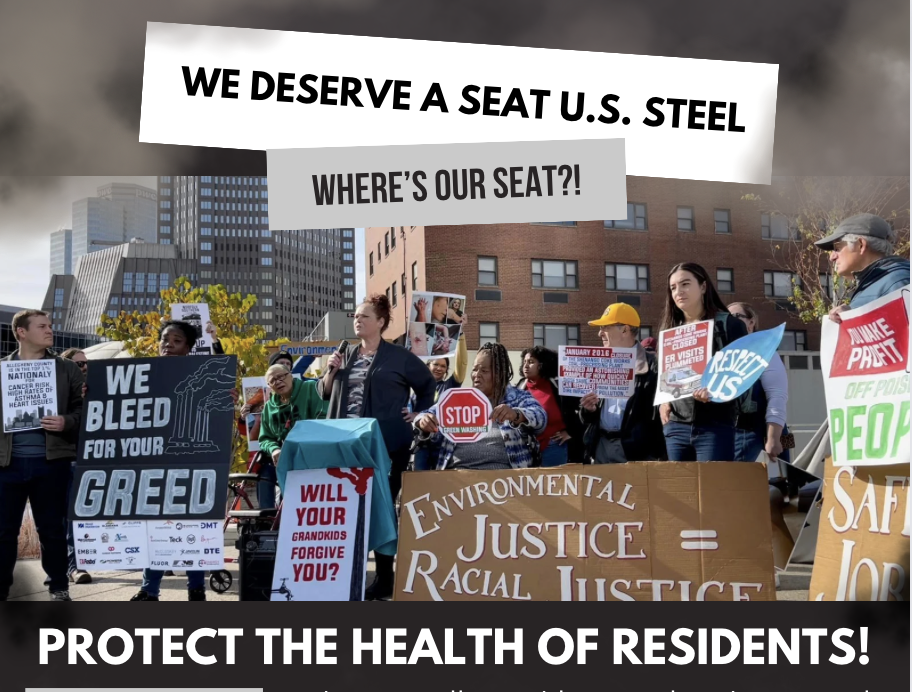Economy
Environmental groups rally at U.S. Steel for ‘voice at the table’

People working for environmental justice are rallying today at the downtown Pittsburgh headquarters of U.S. Steel, voicing their concerns to company shareholders about creating a healthier future in the Monongahela Valley region.
Japan’s Nippon Steel is buying U.S. Steel for more than $14 billion.
Duquesne Mayor Nickole Nesby, an environmental-justice organizer with the group 412Justice, said the asthma rate in the Mon Valley is four to five times higher than the national average. She pointed out they’re being left out of important conversations about the sale and are urging better health protections.
“We are actually gathering to demand a seat at the table,” she said. “We — the communities which have been impacted by the pollutants for decades — have not had a seat at the table. Our voice needs to be heard.”
U.S. Steel has had a presence in the Mon Valley since 1901 and currently employs more than 3,000 workers. Nesby said the sale isn’t supposed to affect local employment, as U.S. Steel has said it will keep the contract as it currently exists.
U.S. Steel’s Mon Valley Works, which includes the Clairton Coke Works, is the biggest coke plant in the country.
NaTisha Washington, communications manager for the Breathe Project, said the plants have a long history of breaking air-quality rules and facing complaints. She added that the plants keep getting fined for exceeding pollution limits – and even have trouble getting new permits.
“There is no transparency with the communities about these air quality days being bad,” she said. “No protections, no resources like air filters, or anything that’s supporting residents that are affected by these bad-air days.”
Washington added that money is being put into a clean-air fund and a Community Benefit Trust. But there has been no visible improvement to community health so far. She noted many Mon Valley residents are feeling the impacts of either poor air or water quality.
